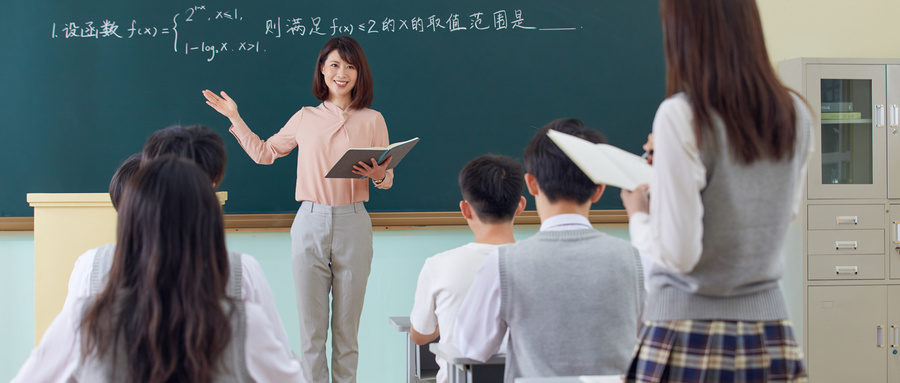[Henan Science Popularization] Western medical story: How did conditional reflexes discover?
Author:Healthy Central Plains Time:2022.08.08
During the Qing Dynasty, there was a landlord. Whenever he rode a donkey, he asked the poor on the road to bend him. At that time, Zheng Banqiao, who was still a child, was angry, so he thought about it. While he didn't pay attention, he pumped the donkey with a wicker. Then take a few more times and do another gift. In this way, when the donkey went out with the landlord again, he would be surprised at first sight and drop the owner to the ground. If it is a few times, the landlord did not dare to let people salute him when he went out.
This is the establishment and application of conditional reflection.
Although we have been skilled in conditional reflexes since Cao Cao's "Wang Mei", this doctrine was officially proposed, but it was done by a Soviet more than 1600 years later.

Ivan Perevich Pavlov (1849-1936) is the founder of former Soviet physiologists, psychologists, physicians, and senior neural activity.
Pavlov was born in a poor godfather family in Liang Zancheng, central Russia. He witnessed the pain before his childhood, and made up his mind to "understand the structure of people and help people become healthy, smart and happy."
Pavlov's life has three stages. First, the blood circulation system and digestive system were first studied.
In 1904, Pavlov won the Nobel Prize for the research results of the digestive system. He is 53 years old this year, and this honor is enough for him to enjoy life. But he suddenly raised a small question: how did saliva flow? His friends were dissuaded after hearing the decision, fearing that he would not only fail to achieve new results, but also left a laughingstock for others.
Pavlov said with a smile: "Although a leaf is small, it depends on the root of the tree and the tree to send it nutrients. Will this drop of saliva not affect the whole body? And who knows the secrets?"
So he said that he would do it and immediately arranged a laboratory with the assistants. He caught a dog and opened a small hole in its cheeks. There are six saliva glandular saliva in the dog's mouth. This hole only leads the saliva of a saliva glands to the outside. There is a special instrument to accurately calculate the drip of saliva.
The dog was locked in a house without sound, living, eating, sleeping as usual. When the food is chewing in the mouth, it secretes saliva, but one -sixth of them does not flow into the stomach, but flows into the tube of the chin.
"How to dominate our own activities? We are still unclear. In the past, the physiology did a lot of anatomy and a lot of problems, but they dissected the animals that had stopped life, so we could not observe the movement of animal life. Now this experiment is to allow dogs to eat normally and observe its saliva secretion. "
Pavlov said to the assistants: "Today we not only observe how to secrete saliva when dogs eat, but also observe whether it can secrete it when it is not eaten, or use saliva under what conditions. It's just a matter of eating, but where to command the saliva of the dog's saliva. That is to say, we have to study how it is moved by the dog's saliva. "
When they shook the bell, they began to feed the dogs. After dozens of times, as long as the bell rang, the dog would secrete saliva even if the food was not fed. Later, they changed the food as soon as the light was turned on, and then changed other signals. But no matter what kind of signal, as long as you repeat dozens of times, you can get the same effect. The accuracy of this signal stimulus is incredible.
It is easy to understand why it is easy to understand why when we raised our sticks, or suddenly squatted down to touch the stones, the dog would escape cleverly. That is to say, every small organs of animals are associated with the brain and nerves. What stimulation of the outside world has to stimulate the animals, the nerves and the brain will respond, and then repeat the stimulus. In the future, the same conditions will be encountered in the future. , Immediately have the same reaction.
Pavlov refers to this "conditional reflection". Without this conditional reflection ability, animals and people will not survive. But people and animals are different. Animals will only reflect according to specific conditions, and people can also reflect according to language. This is called "first signal system" and "second signal system".
The story in the article refers to the "Romance of Scientific Discovery", author Liang Heng, and Shandong Science and Technology Publishing House published.
Author: Book Xiaoyan
Source: Henan Health Central Plains Service Guarantee Center
- END -
Language Cognition | Difficulty in learning?The reason may be insufficient cognitive ability!

Open -columnLanguage cognitive rehabilitation column will regularly launch the rel...
Health Education 丨 How to prevent liver cirrhosis?Core information and interpretation are here!

Liver cirrhosis is an important stage of the progress of liver disease. It is a di...